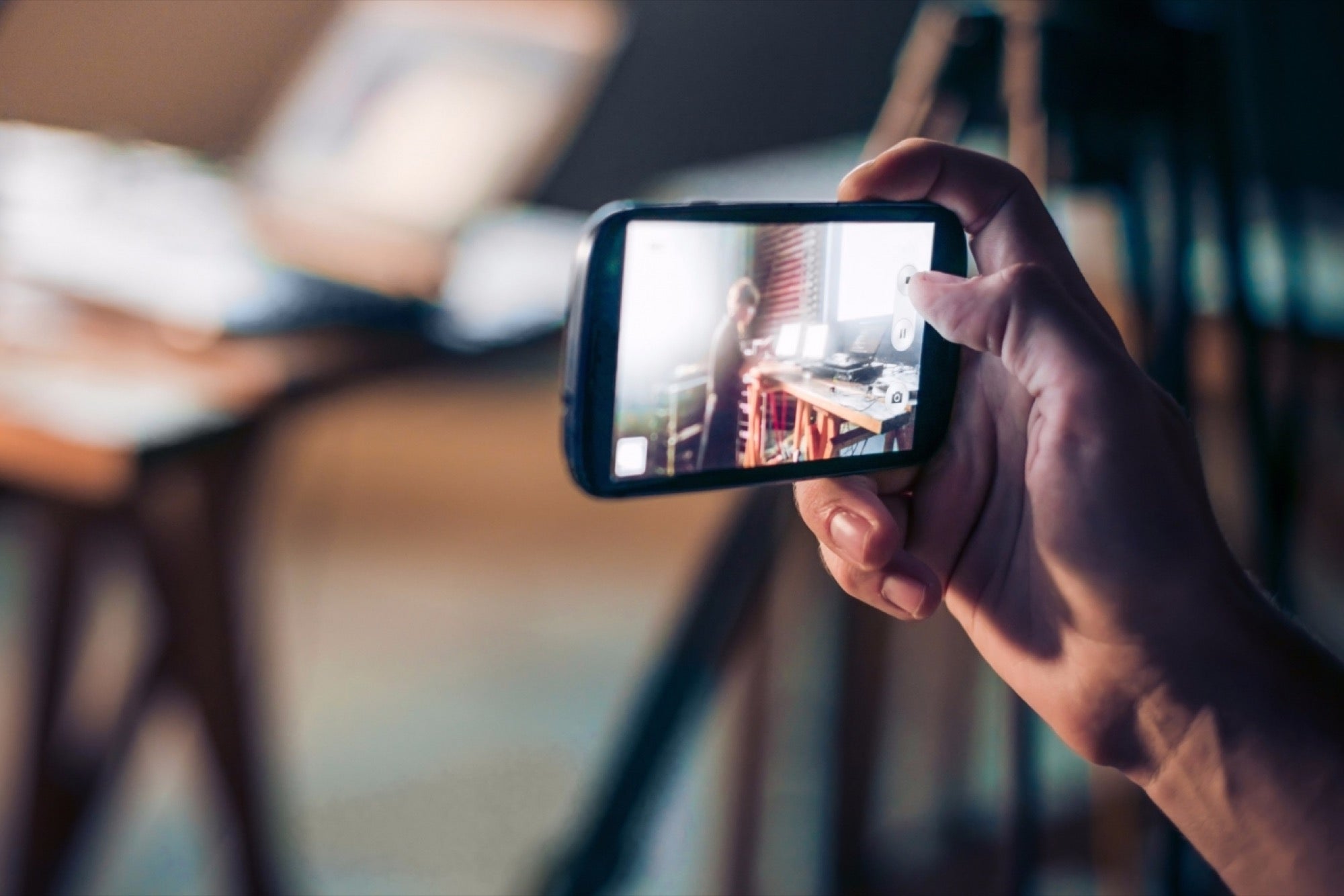An augmented reality (AR) and artificial intelligence (AI) startup has raised $54 million, with the investment fund of the Malaysian government jumping on board.
British firm Blippar has created an app that can give you information about any object just by pointing your smartphone at it. It allows a user to point their phone camera at something such as a coffee mug or plant, and get detailed information about it. In the case of a coffee mug, Blippar's app will tell users about the nearest coffee shops or the closest furniture stores to buy a new set.
Khazanah Nasional Berhad, the strategic investment fund of the Government of Malaysia, led the $54 million round which included Blippar's current investors, the startup announced on Wednesday.
The company was formed in 2011 and founder Ambarish Mitra said that Google and Yahoo are not the end means of discovering information.
"People are getting more and more curious about the world yet a lot lot of their curiosity remains unanswered. As digital people we think we've made it and you think Google or Yahoo is the answer but there is still a big gap in the market. You still can't point at everything in the world and describe it and get to know more about it," Mitra told CNBC in a phone interview.
Blippar has around 60 engineers in its San Francisco and Mountain View offices in California and a lot of the money will be used to hire more people. "Infrastructure, deep learning and machine learning expertise is not cheap," Mitra said.
The cash will also be deployed on user acquisition. The app currently has 65 million users.











